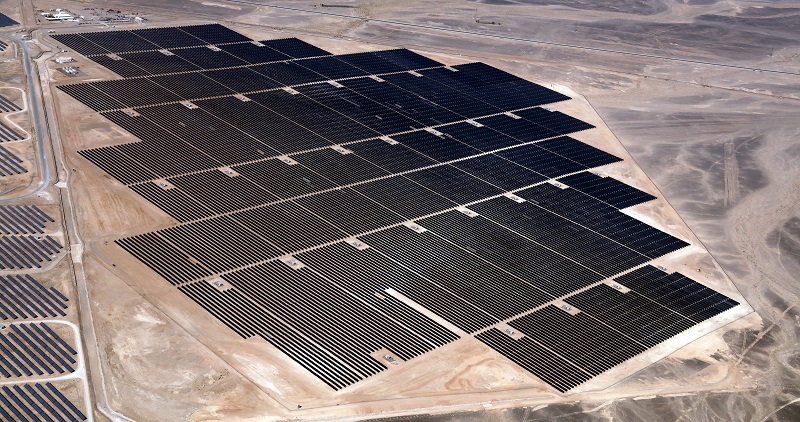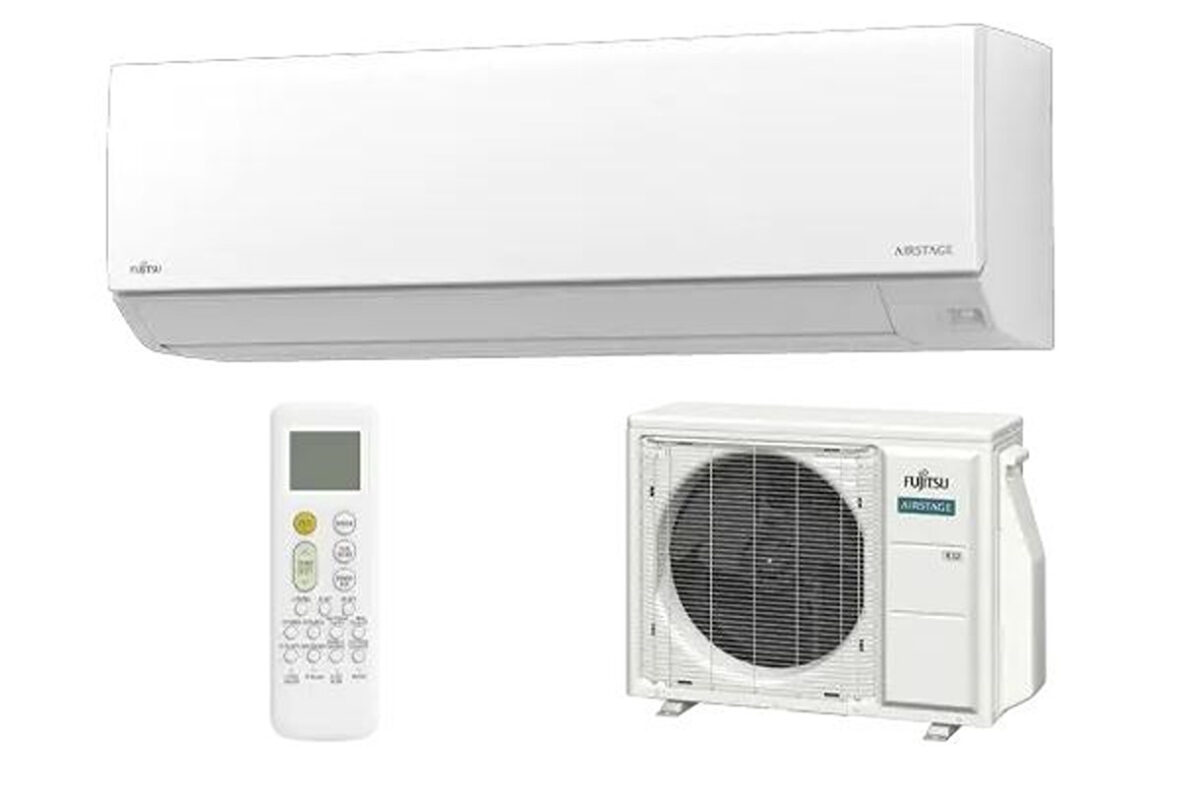The Jordanian Parliament is currently discussing a law proposal to introduce domestic content requirements for the development of solar power projects under the country’s renewable energy regulatory framework. According to information provided to pv magazine by the Business Planning and Strategy Manager of Jordan-based consultant Sina Industrial Projects Co., Ali Suleiman, the local renewable energy and sustainability association EDAMA has already written a letter to Parliament to ask deputies not to introduce a legislation that, in the association’s opinion, may hinder the development of PV and renewables in general across the country.
According to the proposal, a domestic content requirement of up to 35% may become mandatory for all solar PV projects. Currently, renewable energy power systems that have the so-called “Jordanian origin labeling” entitle their developers to an additional 15% feed-in premium tariff. According to Suleiman, however, currently there exists no clear definition on what makes a system of Jordanian origin.
“Making domestic content rules for PV mandatory will undoubtedly slow down the Jordan solar market, or even halt it,” stated Suleiman. “We always want to promote local manufacturers and to stimulate the economy. Having said that, it’s more important to consider the big picture and be realistic. A 35% minimum local content for solar PV systems cannot be achieved without considering the modules, or perhaps the inverters.
“At most, BOS and engineering works of local origin may add up to 20% generously, but a conservative figure would be 15%. While there are two module manufacturers in Jordan, a law like this would ultimately put a form of monopoly into the hands of non-Tier 1 manufacturers. Our Parliament needs to consider whether international financial institutions would provide financing for future projects employing local modules. While quality may meet the standards, banks look also at track record, total installations, years of experience, compliance, and brand acceptance. It would make more sense to stipulate a 10 or 15% local content requirement in order to ensure critical equipment are sourced fairly and diligently,” Suleiman further explained.
Jordan’s largest PV module manufacturer is Philadelphia Solar, which is operating a solar module factory which is expected to reach 220 MW of capacity by the end of the second quarter of this year. The other manufacturer is Wiosun, based in Aqaba.
Jordan is currently supporting solar and renewables through a series of tenders and net metering. At the end of last year, the Jordan government said that the combined capacity of all wind and solar power generators installed nationally had reached 500 MW. Another 2.2 GW, the Jordan government added, is planned to be deployed by 2021. The country, on the other hand, currently covers most of its power demand by importing oil and gas.
*the article was amended on April 30 to correct the current capacity of Philadelphia solar, which we wrongly reported as of around 100 MW.
This content is protected by copyright and may not be reused. If you want to cooperate with us and would like to reuse some of our content, please contact: editors@pv-magazine.com.




By submitting this form you agree to pv magazine using your data for the purposes of publishing your comment.
Your personal data will only be disclosed or otherwise transmitted to third parties for the purposes of spam filtering or if this is necessary for technical maintenance of the website. Any other transfer to third parties will not take place unless this is justified on the basis of applicable data protection regulations or if pv magazine is legally obliged to do so.
You may revoke this consent at any time with effect for the future, in which case your personal data will be deleted immediately. Otherwise, your data will be deleted if pv magazine has processed your request or the purpose of data storage is fulfilled.
Further information on data privacy can be found in our Data Protection Policy.